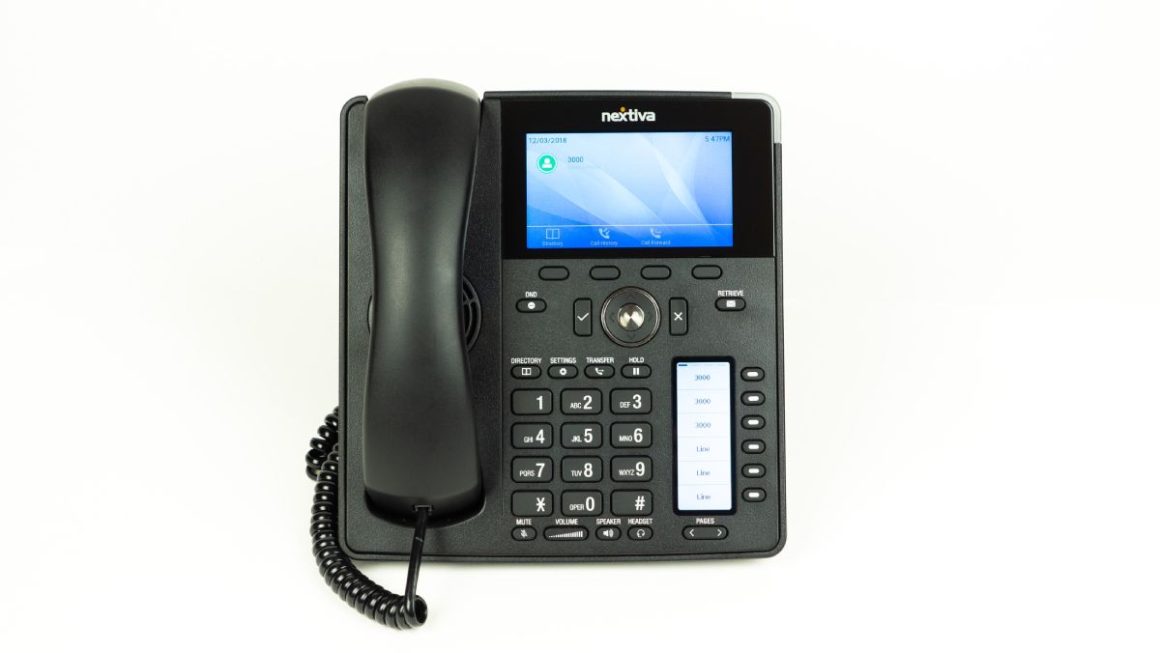The cloud has facilitated widespread access to a multitude of cloud services of all kinds, both for individuals and businesses. The advantages of the cloud in this regard are enormous: economic savings, flexibility, mobility, and security are the most important.
Be it a private, public or hybrid cloud, there are dozens of specific services that cover very specific needs. We will begin by commenting on three of the most generic, and we will end by listing a wide variety of specialized services that will sound like you from now on.
Table of Contents
IaaS, or Infrastructure As a Service
Through IaaS, the client accesses a service in which an infrastructure is put at his disposal over which he will have almost absolute control. This means that the hardware and software resources required for their own developments are made available to customers.
For example, the provider offers computing resources — machines — integrated network structures, security and backup systems, and any other necessary resources that, in addition, will be sized based on customer needs. This is a flexible service since the client can expand or reduce the contracted capacity according to their needs, but at the same time, it is indicated for system administrators.
The provider will be in charge of maintenance and guaranteeing security and will charge the user through a pay-per-use model.
SaaS, or Software As a Service
This service is best known to the general public. Through SaaS, we access fully configured and ready-to-use cloud applications. It is not necessary to have the knowledge to access this type of application, which can be, for example, office applications, webmail, cloud storage …
Thus, the customer should only hire the service or access it for free – if the option is given -, while the provider takes care of all additional tasks, such as providing storage space, updating the software, etc. , etc.
PaaS, or Platform As a Service
This service modality offers the client a development platform configured to work directly on it. This platform and environment will allow the development of applications and services based on the tools provided.
This type of service allows developers to focus exclusively on their main task, and leave the physical infrastructure and its administration to the provider.
Increasingly Specific Cloud Services
There are many other generic cloud services, such as FaaS — Functions as a Service — or CaaS — Container as a Service — but where there is variety is the number of more specific services, designed to meet a specific need. Let’s see some examples:
- Analytics as a Service
- Backup as a Service
- Content as a Service
- Desktop as a Service
- Games as a Service
- Network as a Service
- Quality as a Service
- Robot as a Service
- Search as a Service
- Security as a Service
Also Read : Three Recommendations To Address The Digital Divide In SMEs




